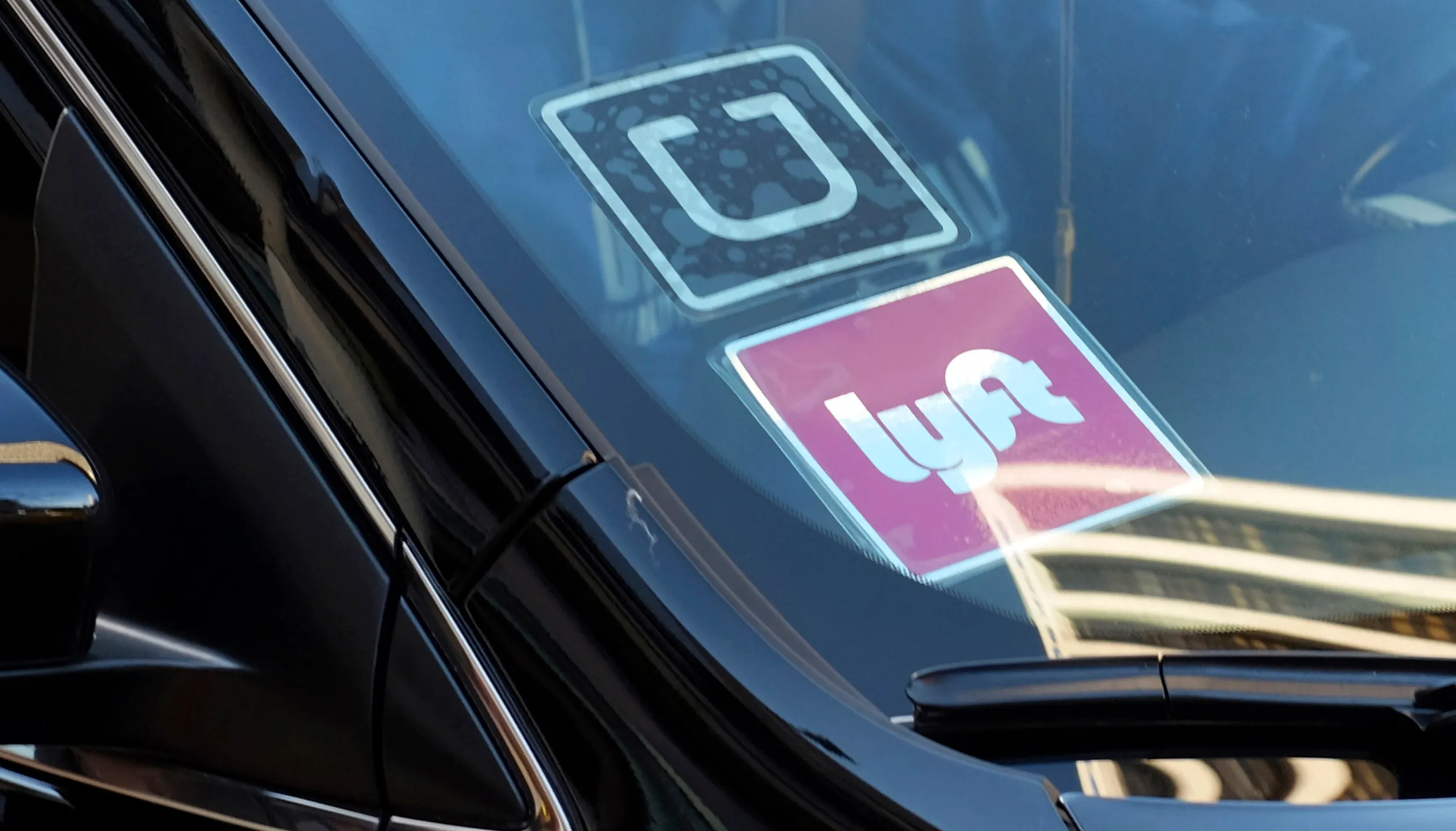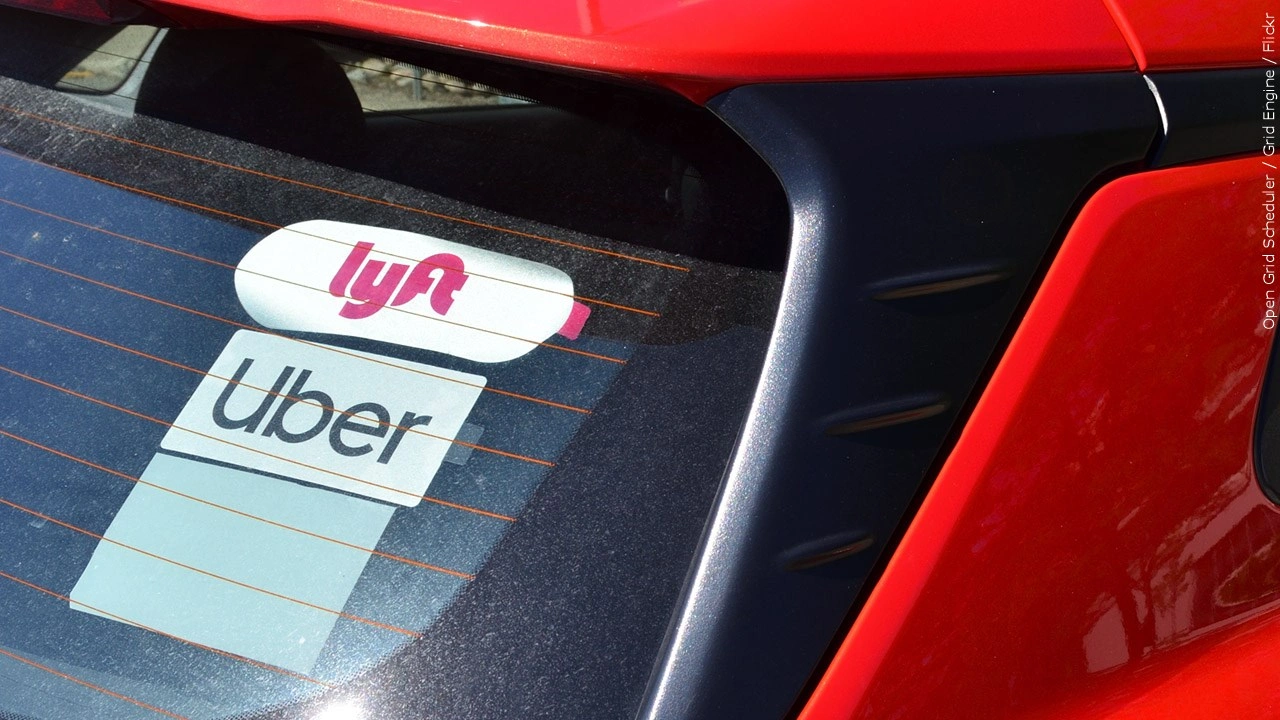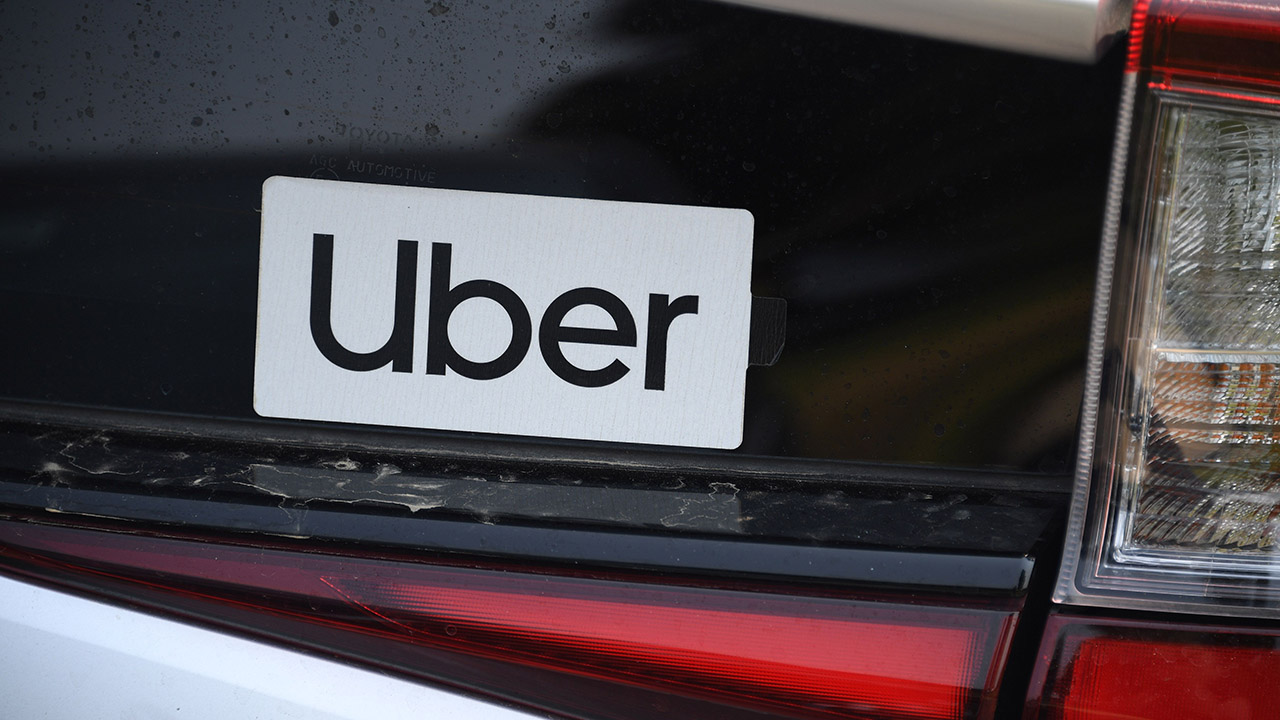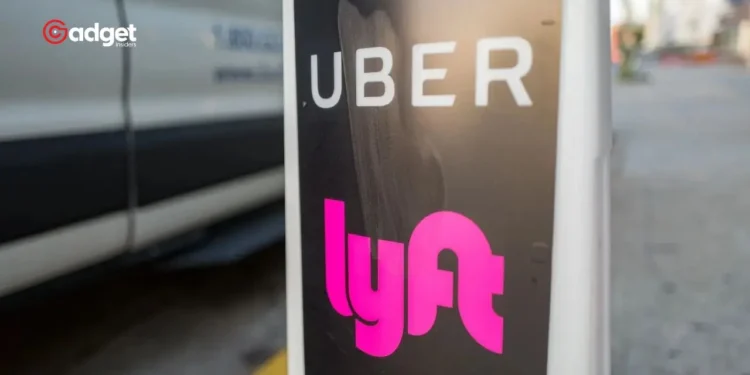In a landmark decision this past Sunday, Minnesota lawmakers have successfully passed a bill set to significantly enhance the pay rates for Uber and Lyft drivers across the state. This legislative move represents a pivotal shift in the rideshare industry’s pay dynamics and comes as a major win for drivers advocating for better compensation.

A Hard-Fought Victory for Rideshare Drivers
Governor Tim Walz, together with Democratic leaders, has unveiled a groundbreaking agreement poised to increase drivers’ earnings by 20%. Under the new legislation, rideshare drivers will now earn $1.28 per mile and $0.31 per minute, as reported by Fox 9.
This pay rise marks a crucial step in supporting the drivers who form the backbone of the burgeoning rideshare industry. This legislative breakthrough arrives just in the nick of time to counteract a more severe wage ordinance from the Minneapolis City Council, which was scheduled to commence on July 1.
The city’s ordinance proposed a minimum wage of $1.40 per mile and $0.51 per minute—a rate that spurred Uber and Lyft to consider discontinuing their services in Minneapolis due to financial infeasibility.
A Compromise That Keeps Uber and Lyft in Minnesota
Both Uber and Lyft have expressed their approval of the new bill, describing it as a satisfactory compromise that allows them to maintain operations statewide. According to Josh Gold, Uber’s Senior Director of Public Policy and Communications, the compromise came after a vigorous advocacy effort involving nearly 100,000 emails from riders and drivers.
Despite the impending price hikes, this legislative agreement will enable both companies to continue their services, balancing the scales between rider charges and driver wages.

Lyft, on its part, emphasized its commitment to a minimum earnings standard that guarantees drivers at least 70% of the weekly rider fares, excluding external fees. This policy, announced earlier this year, aims at incrementally boosting driver pay sustainably.
“This legislation builds on those efforts and marks an important compromise that allows Minnesota rideshare drivers to keep earning with Lyft,” stated a spokesperson from Lyft.
Political Tensions and Celebrations
The bill’s passage was not without controversy, as Republican lawmakers voiced their frustration over being excluded from much of the decision-making process. Senate Minority Leader Mark Johnson criticized the lack of collaboration, highlighting the challenges in navigating legislative developments that were largely orchestrated by Democrats.

Nonetheless, Governor Walz praised the steadfastness of the lawmakers who played a pivotal role in navigating the complex legislative terrain to ensure the bill’s passage. “This is hard,” Walz admitted, acknowledging the unique achievement of Minnesota in setting a national standard for rideshare operations.
“No one else has been able to do this in the country,” he added, underscoring the balance struck between ensuring reliable rides for consumers and fair wages for drivers.
Looking Forward
As Minnesota sets a precedent with this new pay structure, it positions itself as a leader in advocating for rideshare drivers’ rights. The state’s ability to broker a deal that benefits both drivers and companies could serve as a model for other states grappling with similar issues.
The impact of this legislation will be closely watched by stakeholders in the rideshare industry and may inspire further changes nationwide. As Minnesota rideshare drivers look forward to better pay, the ripple effects of this decision are expected to enhance the overall sustainability and satisfaction within the rideshare ecosystem.









